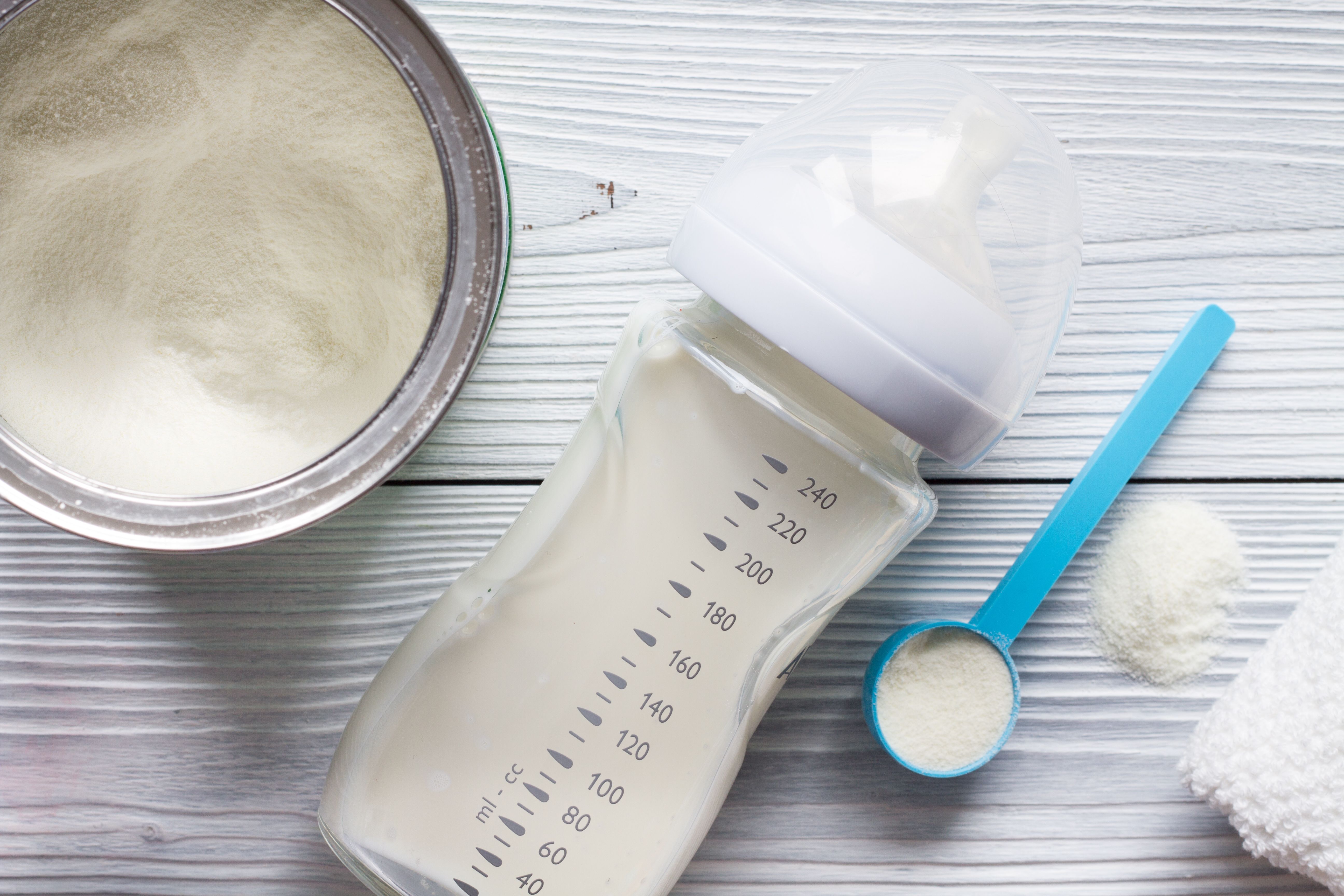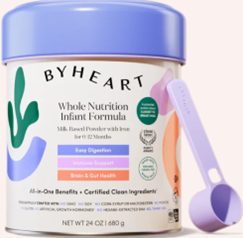
Formula
Latest News
Latest Videos
CME Content
More News

According to the agency, it is seeking public input to "determine whether existing nutrient requirements should be revised based on latest scientific data."

Fathers who took 2 or more weeks of leave after the birth of their infant were more likely to report longer breastfeeding duration.
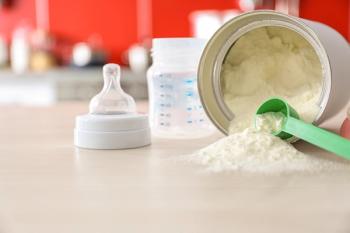
The federal agencies are encouraging companies to develop new infant formulas and clarify opportunities to inform consumers about formula ingredients.

Bobbie expects the launch of their USDA Organic Whole Milk Infant formula to begin in April 2025.
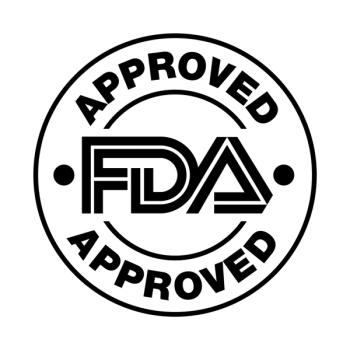
The human, pasteurized human milk fortifier is approved for term infants (> 37 weeks) following corrective surgery for the gastrointestinal disorder gastroschisis.

The FDA, CDC, and NIH have released a consensus statement regarding premature infant nutrition and necrotizing enterocolitis.

Infants were 22% less likely to develop asthma in early childhood if there were only fed breast milk during birth hospitalization, per a study presented at the 2024 AAP National Conference & Exhibition.
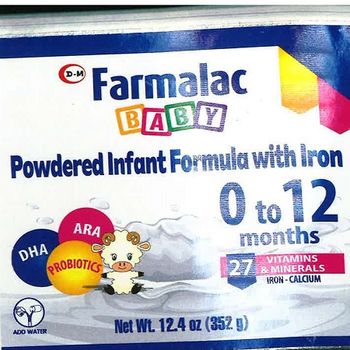
The formula company issued a recall of the products on May 24, 2024, though they were not in compliance with all of the FDA’s infant formula regulations.
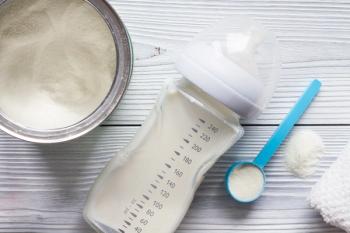
When breastfeeding is not an option, caregivers will turn to infant formulas to meet their child’s nutritional needs.

Historically, the AAP-approved options for infant formula sold in the United States were cow-milk-based, soy milk-based, or specialty infant formulas. Goat milk-based infant formulas have been used for decades worldwide, but only recently entered the US formula market.

Review some of the top stories from the Contemporary Pediatrics website over the last week, and catch up on anything you may have missed.
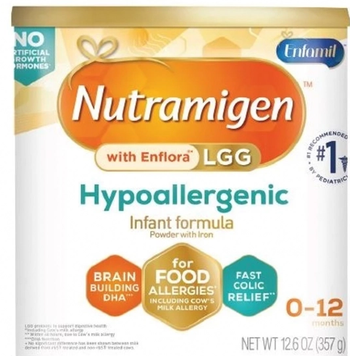
More than 675,000 cans of specialty infant formula for cow’s milk allergy have been voluntarily recalled by Reckitt/Mead Johnson Nutrition because of a possible contamination with Cronobacter sakazakii.

This research highlights the close relationship between pollen-induced allergic rhinitis, sensitization, and asthma.

Review some of the top stories from the Contemporary Pediatrics website over the last week, and catch up on anything you may have missed.
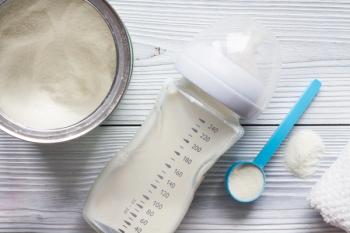
Through a randomized, multicenter, open-label, controlled study, investigators determined there were no suggestions of important differences for very preterm infant body composition when comparing an exclusive human milk diet to a diet containing cow milk products.

Two infant formula products are being voluntarily recalled by the LittleOak Company after the FDA deemed they were illegally sold in the United States.

The FDA inspected each company’s facilities, in which the agency issued inspectional observations and exercised oversight of each firm as recalls were initiated in December 2022, February 2023, and March 2023, respectively, for the removal of products potentially contaminated with Cronobacter sakazakii from the marketplace.

Despite several health and nutrition claims on breast milk substitutes and infant formula products, little to no evidence supported these claims in a multicountry study published in BMJ.

The infant formula giant recalls one of their powdered infant formula products out of an abundance of caution for a potentially dangerous bacteria.
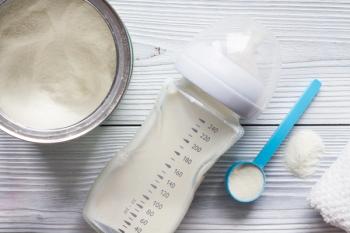
The US Food and Drug Administration recently outlined the risks and symptoms of Cronobacter infection in young infants, and how to reduce risk of infection.

The FDA had recently advised parents and caregivers to not buy or give Mother’s Touch Formula to infants.
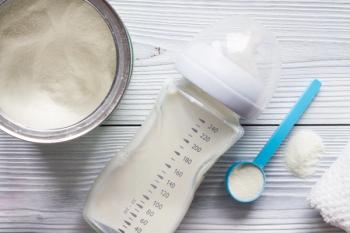
The United States Food and Drug Administration (FDA) has approved the import of over 66 million servings of infant formula from Singapore, focusing on supply for vulnerable consumers.

A look at what the Contemporary Pediatrics® team covered this week.

The AAP sent 2 letters to federal officials urging for immediate action to increase the supply of safe formula in the United States.

A look at what the Contemporary Pediatrics® team covered this week.


